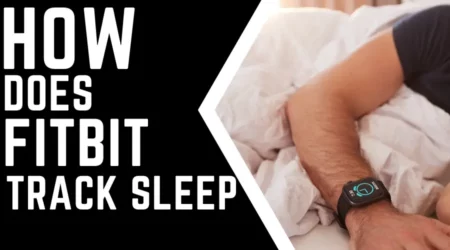“Are you curious about whether your Fitbit device can track your blood pressure?
While Fitbit does offer some features that can estimate blood pressure,
The answer is a bit more complicated than a simple yes or no.
Let’s explore the facts to help you understand how Fitbit can (or can’t) help you monitor your blood pressure.”
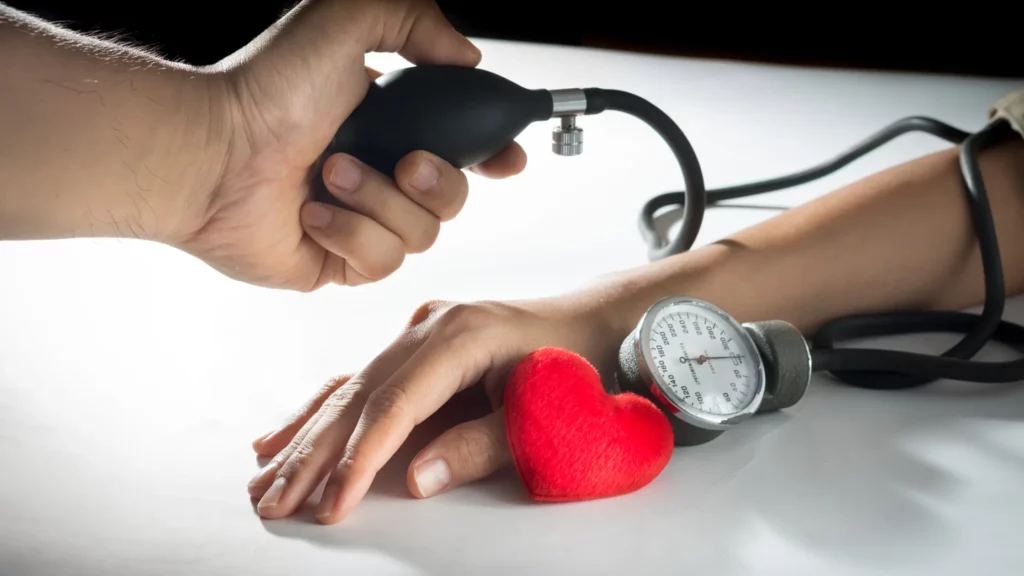
- Most Fitbit devices do not have built-in blood pressure monitoring.
- Some Fitbit models can estimate blood pressure based on changes in heart rate and other factors.
- These estimates are not as accurate as direct blood pressure measurements taken with a cuff.
- Fitbit’s blood pressure estimates should not be relied upon for medical purposes.
- If you have concerns about your blood pressure, you should consult a healthcare professional.
What is Blood Pressure and Why is it Important?
Blood pressure refers to the force that blood exerts against the walls of your arteries as it circulates through your body.
It is measured in two numbers: systolic pressure (the pressure when the heart beats) and diastolic pressure (the pressure when the heart rests between beats). Blood pressure is typically expressed as a ratio of these two numbers, such as 120/80 mmHg (millimeters of mercury).
Blood pressure is an important indicator of your cardiovascular health. If your blood pressure is consistently high, it can put strain on your heart and blood vessels, increasing your risk of heart attack, stroke, and other health problems.
Conversely, if your blood pressure is too low, it may indicate an underlying health issue or could cause dizziness or fainting.
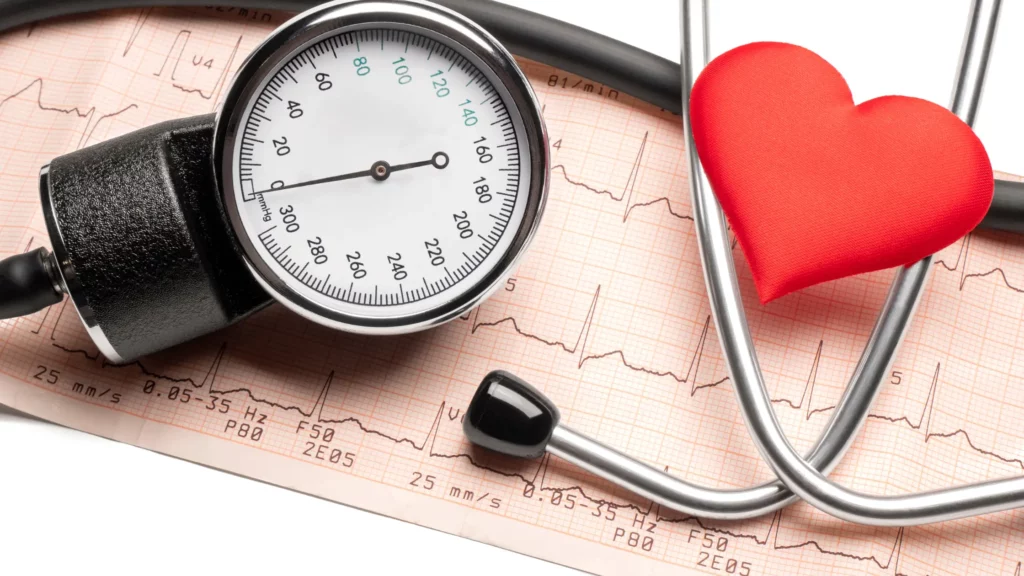
Monitoring your blood pressure regularly can help you detect and manage high blood pressure, as well as identify other potential health issues.
This can include making lifestyle changes such as eating a healthy diet, exercising regularly, managing stress, and avoiding smoking and excessive alcohol consumption.
If necessary, your healthcare provider may also recommend medication to help lower your blood pressure.
Understanding Fitbit’s Health Monitoring Features:
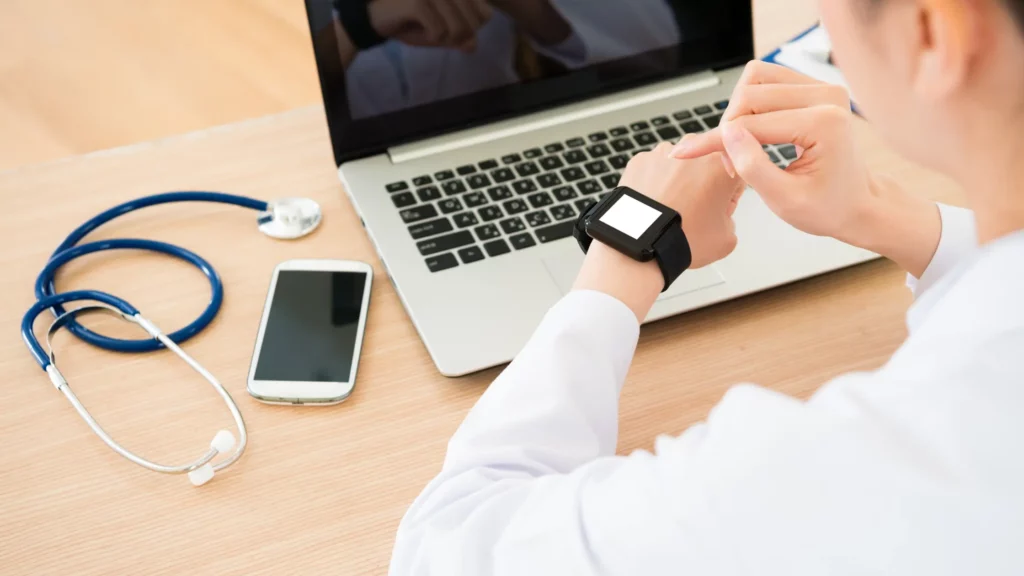
Fitbit offers a variety of health tracking features, including heart rate monitoring, sleep tracking, and more.
While Fitbit can estimate blood pressure, it does not have a built-in blood pressure monitoring feature that uses a blood pressure cuff to measure systolic and diastolic blood pressure readings.
Instead, Fitbit uses pulse arrival time (PAT) to track changes in blood pressure.
Can Fitbit Measure Blood Pressure?
While Fitbit does not have a blood pressure monitoring feature, it can estimate blood pressure based on pulse arrival time (PAT).
PAT is the time it takes for blood to travel between the heart and the wrist. By using sensors to detect the changes in the arrival time of the pulse wave at the wrist,
Fitbit can track blood pressure changes over time. here are the key points:
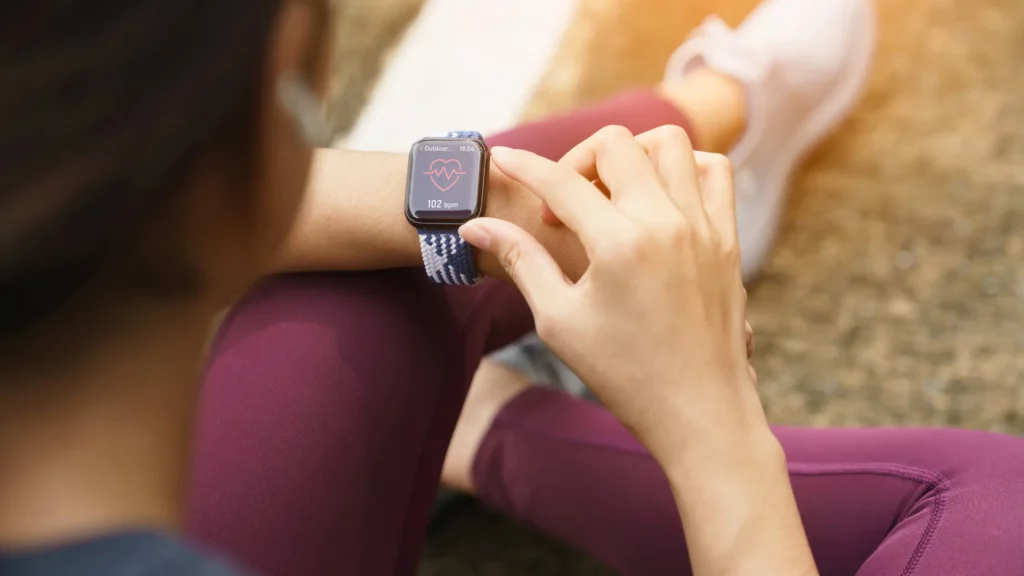
- Fitbit does not directly measure blood pressure, but it can estimate blood pressure based on changes in heart rate and other factors.
- Some Fitbit models, such as the Sense and Versa 2, use a combination of heart rate data and machine learning algorithms to estimate blood pressure.
- Fitbit’s calories burned estimates are not as accurate as direct blood pressure measurements taken with a cuff.
- Fitbit’s blood pressure estimates are not intended for medical purposes and should not be relied upon as a substitute for professional medical advice or treatment.
- If you have concerns about your blood pressure, it’s important to consult a healthcare professional who can provide an accurate measurement and advise you on appropriate steps to manage your blood pressure.
Third-Party Apps Tracking Blood Pressure with Fitbit:
Some third-party apps claim to be able to track blood pressure using Fitbit devices.
These apps use algorithms to estimate blood pressure based on data such as heart rate and movement.
However, the accuracy of these apps has not been confirmed and they are not endorsed by Fitbit.
Why You Should Use a Dedicated Blood Pressure Monitor:
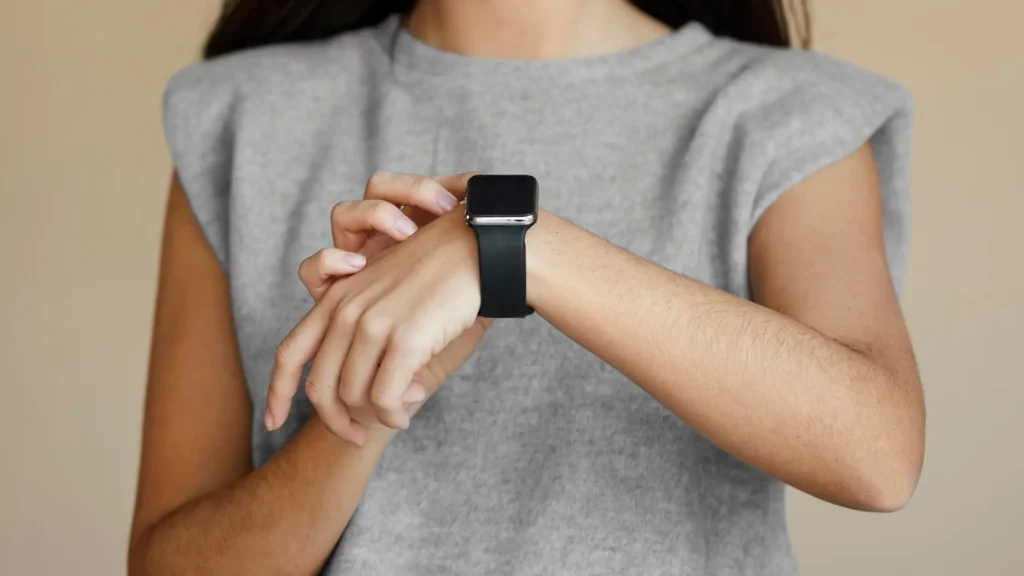
There are several reasons why it is recommended to use a dedicated blood pressure monitor instead of relying solely on estimates provided by a Fitbit wearable devices
New Study Finds That Fitness Trackers Are Not Accurate When Measuring Blood Pressure
The study, which was published in the American Journal of Hypertension in 2021, found that some popular fitness trackers, including the Fitbit Charge 2 and the Garmin Vivosmart HR+, were not accurate when measuring blood pressure.
The researchers compared the readings from the fitness trackers to measurements taken with a standard blood pressure cuff, which is considered the gold standard for blood pressure measurement. They found that the fitness trackers tended to overestimate or underestimate blood pressure in some cases.

The accuracy of the fitness trackers varied depending on the individual and the device, with some devices being more accurate than others. However, overall, the study suggests that fitness trackers may not be reliable enough to be used as a substitute for traditional blood pressure measurements.
It’s important to note that this study only looked at a small sample of devices and individuals, and more research is needed to determine the accuracy of different types of fitness trackers for blood pressure monitoring. If you are using a fitness tracker to monitor your blood pressure, it’s important to discuss the readings with your doctor and consider using a standard blood pressure cuff to confirm the results.
Closing Thoughts
Here is a list of the key points on whether Fitbit tracks blood pressure:
| 💥What Fitbit can do? | ✔ Estimate blood pressure based on heart rate and data |
| ✔ Some models use machine learning algorithms | |
| 💥What Fitbit can’t do? | ❌ Provide accurate measurements like a cuff |
| ❌ Directly measure blood pressure | |
| ❌ Be used for medical purposes | |
| 💥Recommendation | 👍Use a dedicated blood pressure monitor for accuracy |
| 👍Consult a healthcare professional for medical advice |
Fitbit offers a range of health tracking features that can help users monitor their health and fitness goals. While it cannot directly measure blood pressure, Fitbit can estimate changes in blood pressure using pulse arrival time. However, for accurate blood pressure measurement, a dedicated blood pressure cuff is recommended.
FAQS
Does Fitbit have a built-in blood pressure monitor?
No, Fitbit does not have a built-in blood pressure monitor that uses a blood pressure cuff to measure systolic and diastolic blood pressure readings.
How does Fitbit estimate blood pressure?
Fitbit uses pulse arrival time (PAT) to estimate blood pressure. PAT is the time it takes for blood to travel between the heart and the wrist. By using sensors to detect changes in the arrival time of the pulse wave at the wrist, Fitbit can estimate changes in blood pressure.
Can third-party apps track blood pressure using Fitbit devices?
Some third-party apps claim to be able to track blood pressure using Fitbit devices, but the accuracy of these apps has not been confirmed and they are not endorsed by Fitbit.
Are Fitbit’s blood pressure estimates accurate?
While Fitbit can estimate blood pressure using pulse arrival time, it is not as accurate as using a dedicated blood pressure monitor that uses a blood pressure cuff. Fitbit’s blood pressure estimates are intended to provide users with a general idea of changes in their blood pressure over time.
Should I use a dedicated blood pressure monitor instead of relying on Fitbit’s estimates?
Yes, for accurate blood pressure measurement, a dedicated blood pressure monitor that uses a blood pressure cuff is recommended. Fitbit’s blood pressure estimates are intended to be used as a general guide and not as a substitute for a dedicated blood pressure monitor.
Can Fitbit help me monitor my overall health even if it doesn’t track blood pressure?
Yes, Fitbit offers a variety of health tracking features, such as heart rate monitoring, sleep tracking, and more, that can help you monitor your overall health and fitness goals.
Is it necessary to monitor blood pressure regularly?
Yes, monitoring blood pressure regularly is important for detecting potential health issues such as hypertension, which can lead to serious health problems such as heart disease and stroke.
What are some of the other health metrics that Fitbit can measure?
In addition to heart rate monitoring and sleep tracking, Fitbit can track metrics such as steps taken, calories burned, water intake, menstrual health, stress, and more.

